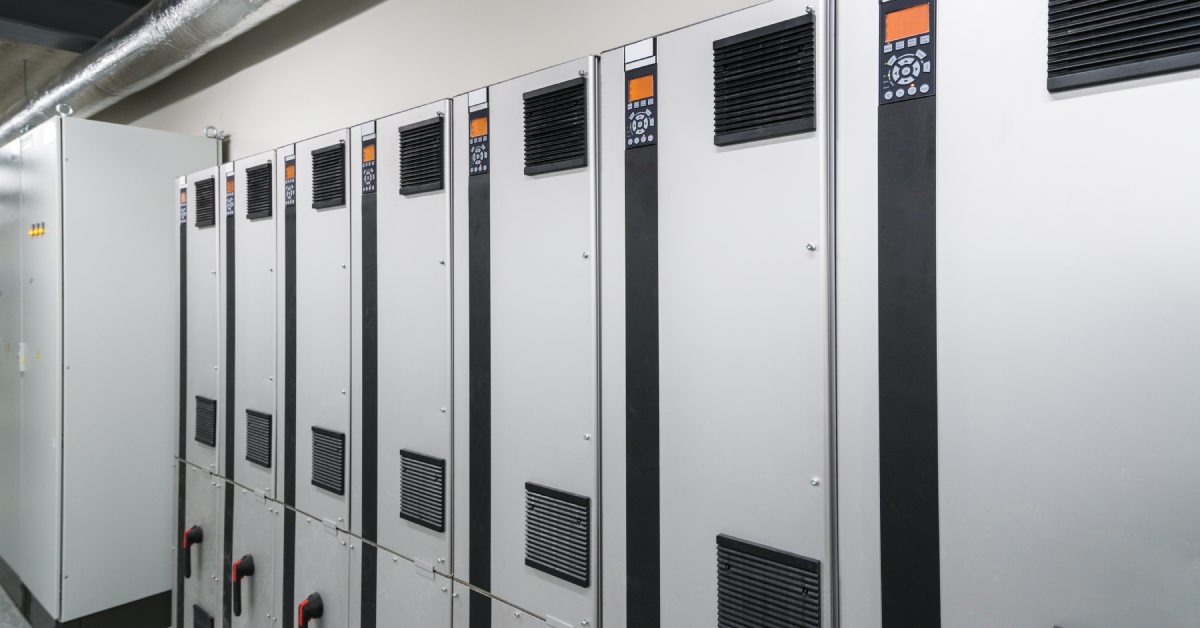Selecting a frequency converter for your facility involves a host of critical design considerations to ensure reliability. Frequency converters play a crucial role in various industrial applications by converting electrical power into a suitable form for different equipment. Their design can vary based on the arrangement of their components, which ultimately affects their performance and effectiveness at switching frequencies. We will cover the essential aspects you should consider when implementing frequency converters.
Power Semiconductors
Power semiconductors are at the heart of frequency converters. They are responsible for switching the electrical circuits and managing the power flow. When choosing power semiconductors, engineers should consider factors such as voltage ratings, current ratings, and switching speeds. Transistors, such as IGBTs and MOSFETs, and thyristors are best suited for different voltage applications and for optimal switching performance.
Thermal Management Components
Frequency converters generate heat during operation, and without adequate cooling, their components can degrade over time. Effective thermal management is vital for maintaining the performance and lifespan of these devices. Thermal vials, heat sinks, and fans aid in heat dissipation. Choosing the right thermal management components prevents overheating and ensures the converter operates within its specified temperature range.
Noise Reduction
Noise reduction is another essential design consideration for frequency converters. Electromagnetic interference (EMI) can hinder the operation of nearby equipment and reduce the system’s efficiency. Frequency converter manufacturers can address this issue by incorporating shielding and filtering techniques. Additionally, the layout and component selection can reduce noise.
Fault Protection
Incorporating electrical fault protection mechanisms is crucial for safeguarding frequency converters against potential damage. These mechanisms include overcurrent protection, short-circuit protection, and ground fault protection. Furthermore, advanced frequency converters have real-time monitoring technologies that detect voltage and temperature and take automatic corrective action to reduce downtime. Reliable fault protection extends the lifespan of frequency converters and provides users with peace of mind by maintaining uninterrupted operation.
Selecting a suitable frequency converter requires careful attention to various components and their design. These considerations ensure the efficiency, reliability, and safety of the device, making it indispensable in various industrial applications. To explore advanced solutions and get expert advice on choosing the right frequency converter for your needs, contact Visicomm Industries today.
